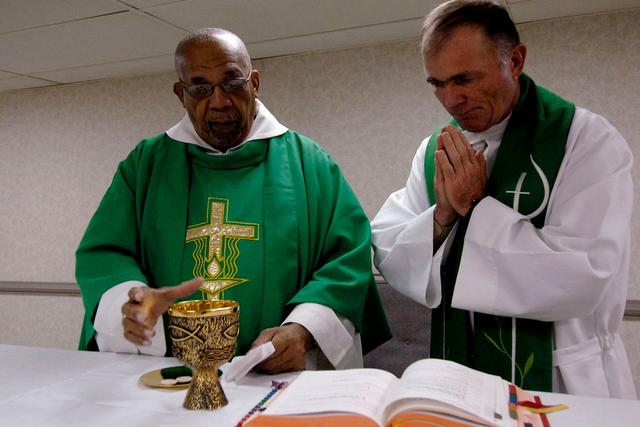Rabbis
Overview

Introduction
Rabbis are the spiritual leaders of Jewish religious congregations. They interpret Jewish law and tradition and conduct religious services on the Sabbath (a daylong period of rest and worship from Friday evening to Saturday evening) and holy days. Rabbis perform wedding ceremonies and funeral services, counsel members of the congregation, visit the sick, and often take part in community and interfaith affairs. Most rabbis serve one of the four main types of Jewish congregations: Orthodox, Conservative, Reform, and Reconstructionist....
Quick Facts
Median Salary
Employment Prospects
Minimum Education Level
Experience
Skills
Personality Traits
Earnings
Salaries for rabbis vary according to the size, branch, location, and financial status of their congregations. Information is limited, but the earnings of rabbis tend to range from $50,000 to $100,000. Smaller congregations offer salaries on the lower end of the scale, usually between $30,000 and $50,000 a year. The U.S. Bureau of Labor Statistics reports that the average salary for all clergy ...
Work Environment
Rabbis work long hours. Like all clergy, rabbis are on call at any hour of the day or night. This can make a rabbis private life difficult at times, particularly if he or she is married and has a family. As far as accommodations and professional offices are concerned, rabbis are usually well provided for by their congregations.
There is no such thing as a standard workweek. Rabbis have t...
Outlook
The U.S. Department of Labor predicts average employment growth for all clergy through 2028. Job opportunities for rabbis are good for all four major branches of Judaism. Orthodox rabbis should have good job prospects as older rabbis retire and smaller communities become large enough to hire their own rabbi. Conservative and Reform rabbis should also have excellent employment opportunities, esp...

































